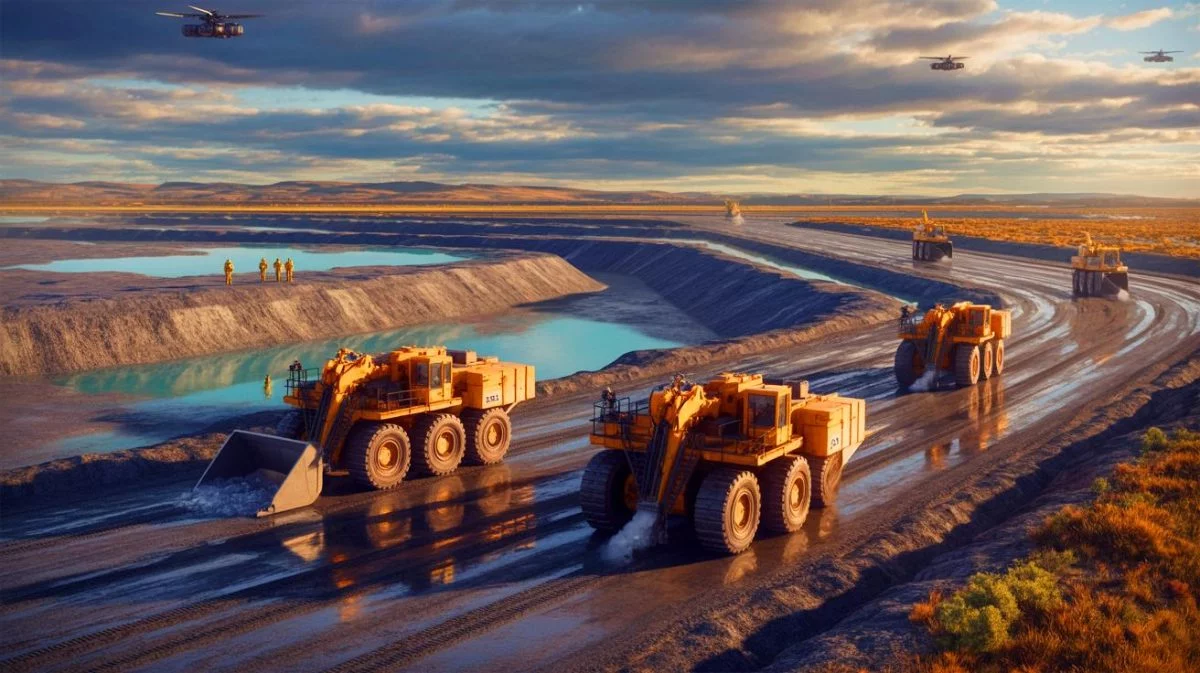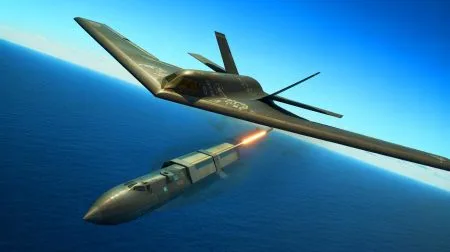| IN A NUTSHELL |
|
In a move that has sent ripples through global markets, Russia recently seized control of a lithium-rich zone near Shevchenko in Ukraine’s Donetsk region. This development comes amidst escalating geopolitical tensions and highlights the critical role of natural resources in modern conflicts. The 247-acre area is home to one of Europe’s largest lithium deposits, a mineral essential for various industries, including energy storage and technology. As the world intensifies its shift towards decarbonization, the control and access to lithium become strategic priorities. This article explores the ramifications of Russia’s latest maneuver and its potential impact on international resource security.
Understanding the Significance of Shevchenko’s Lithium Reserves
The Shevchenko lithium deposit, located approximately six miles from Velyka Novosilka, a town captured by Russian forces earlier, holds immense strategic value. While Velyka Novosilka itself may not have been tactically significant, the underlying resources in Shevchenko are invaluable. Lithium, often dubbed the “white gold,” is indispensable for producing electric vehicle batteries, energy storage systems, and aerospace materials. The ongoing global push for decarbonization and advancements in technology have exponentially increased the demand for lithium.
In 2022, the price of lithium soared to over $80,000 per metric ton, underscoring its high demand and economic value. Although prices have since dropped to approximately $8,500 per ton in China by mid-2025, the mineral remains crucial. By gaining control over the Shevchenko site, Russia solidifies its influence over Ukraine’s natural assets. This seizure is a part of a broader pattern of targeting essential resources, which could significantly hinder Ukraine’s post-conflict recovery and deter future foreign investments.
Impact on Ukraine’s Economic Prospects
Before the Russian occupation, the Shevchenko area attracted significant foreign interest for development. Ukrainian agencies were keen on reducing dependency on imported raw materials. However, the recent seizure disrupts these plans, posing a considerable setback to Ukraine’s economic recovery efforts. Analysts view this move as a strategic attempt by Russia to dominate resource corridors, restricting Ukraine’s access to vital domestic revenue streams.
With essential mineral extraction sites under Russian control, Ukraine faces new obstacles in rebuilding its industrial base. This situation is particularly troubling as international support for reconstruction frameworks continues to grow. The occupation not only affects Ukraine’s immediate economic recovery but also raises concerns about its long-term industrial stability and capacity to draw foreign investments.
A Significant Challenge for the US and Allies
In a bid to support Ukraine, the United States and Ukraine signed a bilateral agreement in May to establish the Investment Fund for Reconstruction and Critical Mineral Partnership. This initiative, equally funded by Washington and Kyiv, aims to drive investments into mining, oil, gas, infrastructure, and processing projects across Ukraine. The Shevchenko lithium deposit was a key site identified for potential development under this framework.
However, with Russia now controlling the area, the viability of these plans is uncertain. This development poses a significant challenge to efforts by the US and Europe to create robust, non-Chinese supply chains for essential minerals like battery-grade lithium. As global competition for resources intensifies, the strategic importance of mineral security becomes increasingly crucial for NATO and EU member states. Lithium, cobalt, and rare earth elements are vital to energy transitions, defense manufacturing, and economic stability, making them central to international security and policy discussions.
Geopolitical and Economic Implications
Russia’s expanded presence in Donetsk and control over the Shevchenko lithium site enhance its ability to influence regional resource flows and broader geopolitical dynamics. This move underscores the growing role of mineral deposits in global markets and modern hybrid warfare, where economic assets are as fiercely contested as territorial boundaries. The occupation of critical mineral sites highlights the complex interplay between resource control and geopolitical strategy, showing how nations leverage natural assets to bolster their global standing.
The strategic importance of the Shevchenko site and similar reserves is paramount. As countries confront the challenges of energy transition and supply chain security, the control of critical minerals will likely shape future diplomatic and economic landscapes. As the world watches these developments unfold, one must ask: How will the international community address the escalating threat of resource-driven conflicts?
Did you like it? 4.5/5 (24)







Ist das nicht ein Rückschlag für die grüne Energiewende, wenn solche Ressourcen in politisch instabile Hände geraten? 🤔
Wie wird diese Übernahme die Preise für Elektroautos beeinflussen?
Ich frage mich, warum die internationale Gemeinschaft nicht schneller reagiert hat. 🤷♂️
Wow, das ist ein echter Schachzug im geopolitischen Spiel. Russland spielt nicht mehr nur Schach, sondern 4D-Schach!
Ich hoffe, dass die USA und Europa bald einen Plan B haben. Sonst sieht es düster aus.
Das klingt nach einem modernen Ressourcenkrieg. Schockierend! 😮
Was bedeutet das für die kleinen Unternehmen, die auf Lithium angewiesen sind?
Ein Lob an den Journalisten für die detaillierte Analyse. 📰
Kann die Ukraine diese Gebiete zurückgewinnen, oder sind sie für immer verloren?